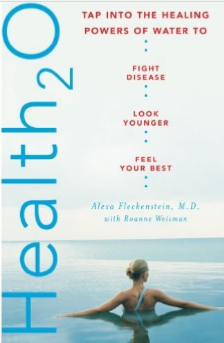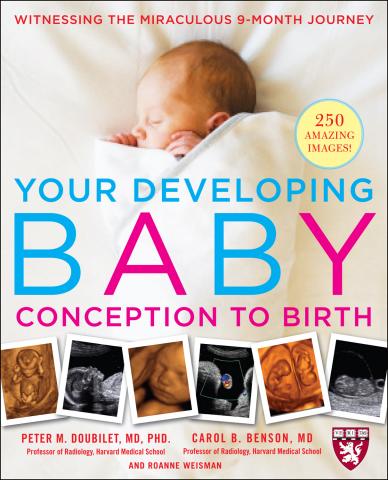Senator Kennedy’s recent diagnosis of a malignant brain tumor has sparked an animated debate in the Boston Globe among health columnists and letter writers: Should patients diagnosed with a deadly cancer be encouraged to fight their disease, or should they focus more on quality of life and the journey towards spiritual—if not physical—healing? The “fight” proponents use the vocabulary of warfare: “vanquishing” the cancer “enemy” with every available “weapon” in the “arsenal.” One problem with this approach is that if you fight and lose, there may be guilt: Perhaps you didn’t fight “hard” enough.
The advocates of acceptance and healing say control what you can, choose your doctors and your treatments wisely, but also choose to spend time and energy on family, relationships, meaningful work, and finding joy in every moment. As one letter writer said, “Cancer is a disease, not an enemy. It also presents a deep opportunity to learn. My quest is to live each day as fully and richly as I can, to enjoy all that I have, and all the beauty and meaning of this world.”
A contrasting view came from an oncology nurse, who wrote that the notion of “fighting to win,” is too narrow: “Perhaps one’s fight could mean mustering resources against an enemy – cancer. Or it could mean winning against symptoms, or against the urge to stay at home during treatment and not work. Or beating the maze of our healthcare system, and getting the treatment you need when you need it!”
Perhaps “to fight or not to fight” is the wrong question, since there is no universal approach to illness that is right for every person. Several years ago, when I recovered from my own health challenge, and wrote my first book filled with the stories of people who fought and prevailed against cancer, paralysis, pain and deadly diseases, I thought that fighting was the only acceptable way to deal with illness.
Now, I am not so sure. Marshalling every available medical, alternative, emotional and lifestyle resource does give us more of a chance to overcome illness and injury, and perhaps to discover the latest “silver bullet” in the arsenal. But at what cost? There is also a value to the inward journey for peace, and nurturing loving connections with others. How best to combine these approaches given the limitations of energy and time?
Once, I interviewed a wise rabbi about the ways in which he helps people deal with suffering and illness. He described a state of holding two simultaneous beliefs: The desire to become well and “vanquish” the disease; while at the same time accepting the possibility of—and preparing yourself and your loved ones for—a different outcome. This is clearly very hard to do: One must gather the inner strength and energy—as well as the time—to pursue treatments, seek medical options, eat well, and think positively. All while somehow recognizing and accepting that you may not succeed. No easy answers. I’m still thinking.




